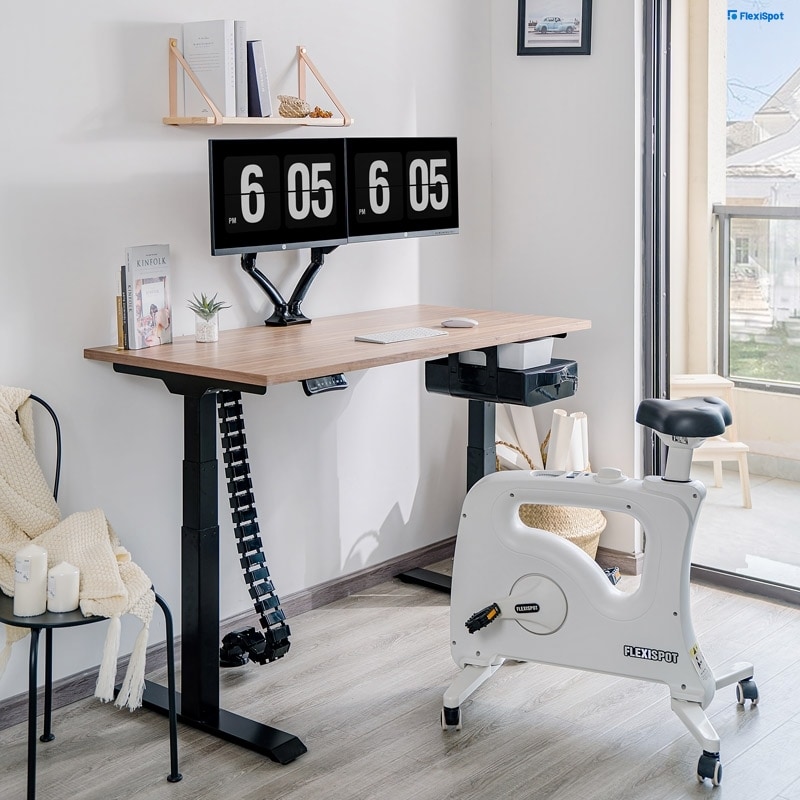Getting a scholarship to study abroad can be a life-changing opportunity for many students. Not only does it provide a chance to receive a quality education, but it also allows for exposure to a new culture and the opportunity to build an international network. However, the competition for scholarships can be intense, and it takes effort, preparation, and research to increase the chances of being awarded a scholarship. In this article, we will discuss some tips on how to get a scholarship abroad.

Research scholarship opportunities
The first step towards getting a scholarship abroad is to research the various scholarship opportunities available. You can start by looking up the scholarships offered by universities, organizations, and foundations in the country or countries you are interested in studying in. Many universities have scholarships specifically for international students, and there are also a variety of government-sponsored scholarships that can be found through embassy websites.
It is important to read the eligibility criteria for each scholarship carefully and ensure that you meet the requirements before applying. Some scholarships may require a specific academic record or language proficiency, while others may require certain extracurricular activities or volunteer work.
Apply early
Scholarships for international students often have early application deadlines, sometimes up to a year in advance of the academic year you plan to start. It is important to start your research and application process as early as possible to avoid missing any deadlines.
Applying early can also give you an advantage as some scholarships are awarded on a rolling basis, which means that they will be given to students who apply earlier in the process. Additionally, starting early gives you more time to prepare your application, gather the required documents, and make any necessary adjustments.

Make a strong application
To stand out from other applicants, you need to make a strong application. This includes writing a convincing personal statement, showcasing your achievements and extracurricular activities, and submitting a well-written resume. Ensure that all documents submitted are complete, accurate, and comply with the guidelines given.
Additionally, you can reach out to alumni or current scholarship holders to get more information on what the scholarship committee is looking for in an applicant. This will help you tailor your application to fit the scholarship criteria and improve your chances of success.
Consider your financial need
Many scholarships consider the financial need of the applicant as part of the selection criteria. Therefore, it is important to provide accurate information on your financial status, including your family's income, your expenses, and any other sources of funding that you have available.
Be sure to explain how the scholarship will help you achieve your academic goals and how it will contribute to your personal development. You can also show your financial need by describing any challenges or obstacles that you have faced in the past and how the scholarship would help you overcome them.

Improve your language skills
If you plan to study abroad in a country where the language spoken is not your native language, it is essential to improve your language skills before applying for a scholarship. This will increase your chances of being awarded a scholarship, as many scholarships require a certain level of language proficiency.
You can improve your language skills by taking classes, attending language schools, and practicing with native speakers. Many universities offer language classes specifically for international students, so it is important to research the language requirements for the scholarship you are interested in and ensure that you meet the required proficiency level.
Prepare for the interview
Some scholarships require an interview as part of the selection process. It is essential to prepare well for the interview by researching the scholarship, the university, and the country, as well as practicing potential interview questions.
You should also be prepared to discuss your academic achievements, personal goals, and how the scholarship would help you achieve them. It is important to come across as confident, enthusiastic, and knowledgeable about the scholarship, and to ask questions that show your interest and commitment to the program.

Build your network
Building your network is an important step in securing a scholarship abroad. This includes reaching out to alumni, professors, and other students who have received scholarships in the past. They can offer valuable advice and guidance on the application process and share their own experiences.
You can also attend scholarship fairs and events, and join online communities related to the scholarship or the country you wish to study in. This will allow you to connect with other applicants and professionals in your field of study, which can be beneficial in the long run.
Be persistent and don't give up
Getting a scholarship abroad is not easy, and the process can be long and challenging. It is essential to be persistent and not give up, even if you face rejection along the way. Rejection is a common experience in the scholarship application process, and it is important to use it as a learning opportunity and keep trying.
You can also consider alternative sources of funding, such as grants, loans, or crowdfunding. It is important to explore all options and not limit yourself to one particular source of funding.

Using Ergonomic Furniture
While using ergonomic furniture may not directly increase your chances of getting a scholarship abroad, it can have a positive impact on your overall health and well-being, which can in turn improve your academic performance and help you stand out as a strong candidate for a scholarship.
Studying abroad can be a challenging experience, both academically and socially. Long hours of studying, sitting in front of a computer, and attending lectures can lead to physical discomfort, pain, and even injuries. This can affect your productivity, focus, and mood, which can have a negative impact on your academic performance and chances of securing a scholarship.
Using ergonomic furniture can also improve your concentration, focus, and productivity. By reducing physical discomfort and pain, you can stay focused on your studies for longer periods of time and avoid distractions. This can help you achieve better grades and stand out as a strong candidate for a scholarship.
Final Word
In conclusion, getting a scholarship abroad requires effort, preparation, and research. It is important to start the application process early, make a strong application, consider your financial need, improve your language skills, prepare for the interview, build your network, and be persistent. With the right mindset and approach, you can increase your chances of receiving a scholarship and achieve your academic and personal goals.

